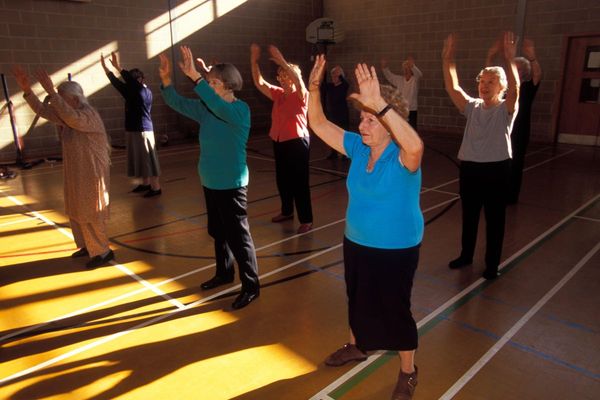
The drivers made their plea at their regular briefing on Friday in Baku after several suffered neck and back issues on the bumpy circuit.
Previously, such problems had been confined to those driving for teams suffering most with porpoising or bouncing, notably George Russell of Mercedes and Carlos Sainz of Ferrari.
Over the Baku weekend, further opinions were voiced, with Lewis Hamilton in particularly suffering in the race itself.
The FIA has reacted by issuing a technical directive to teams that references both short and long term measures.
However, it's understood that there will be no impact on how teams run their cars in Montreal this weekend, when the FIA's focus will observation and data gathering.
In a statement, the FIA said: "Following the eighth round of this year's FIA Formula One World Championship, during which the phenomenon of aerodynamic oscillations ("porpoising") of the new generation of F1 cars, and the effect of this during and after the race on the physical condition of the drivers was once again visible, the FIA, as the governing body of the sport, has decided that, in the interests of the safety, it is necessary to intervene to require that the teams make the necessary adjustments to reduce or to eliminate this phenomenon."
The governing body made it clear that it was playing the safety card mainly on the grounds of driver concentration. It means that any changes do not require the unanimous support of teams.
The FIA noted that it "has decided to intervene following consultation with its doctors in the interests of safety of the drivers.
"In a sport where the competitors are routinely driving at speeds in excess of 300km/h, it is considered that all of a driver's concentration needs to be focused on that task and that excessive fatigue or pain experienced by a driver could have significant consequences should it result in a loss of concentration.

"In addition, the FIA has concerns in relation to the immediate physical impact on the health of the drivers, a number of whom have reported back pain following recent events."
The FIA said that the technical directive had been issued to "give guidance to the teams about the measures the FIA intends to take to tackle the problem".
The first measure proposed is "closer scrutiny of the planks and skids, both in terms of their design and the observed wear".
Secondly, there will be "the definition of a metric, based on the car's vertical acceleration, that will give a quantitative limit for acceptable level of vertical oscillations.
"The exact mathematical formula for this metric is still being analysed by the FIA, and the F1 teams have been invited to contribute to this process."
The FIA adds: "In addition to these short-term measures, the FIA will convene a technical meeting with the teams in order to define measures that will reduce the propensity of cars to exhibit such phenomena in the medium term."







